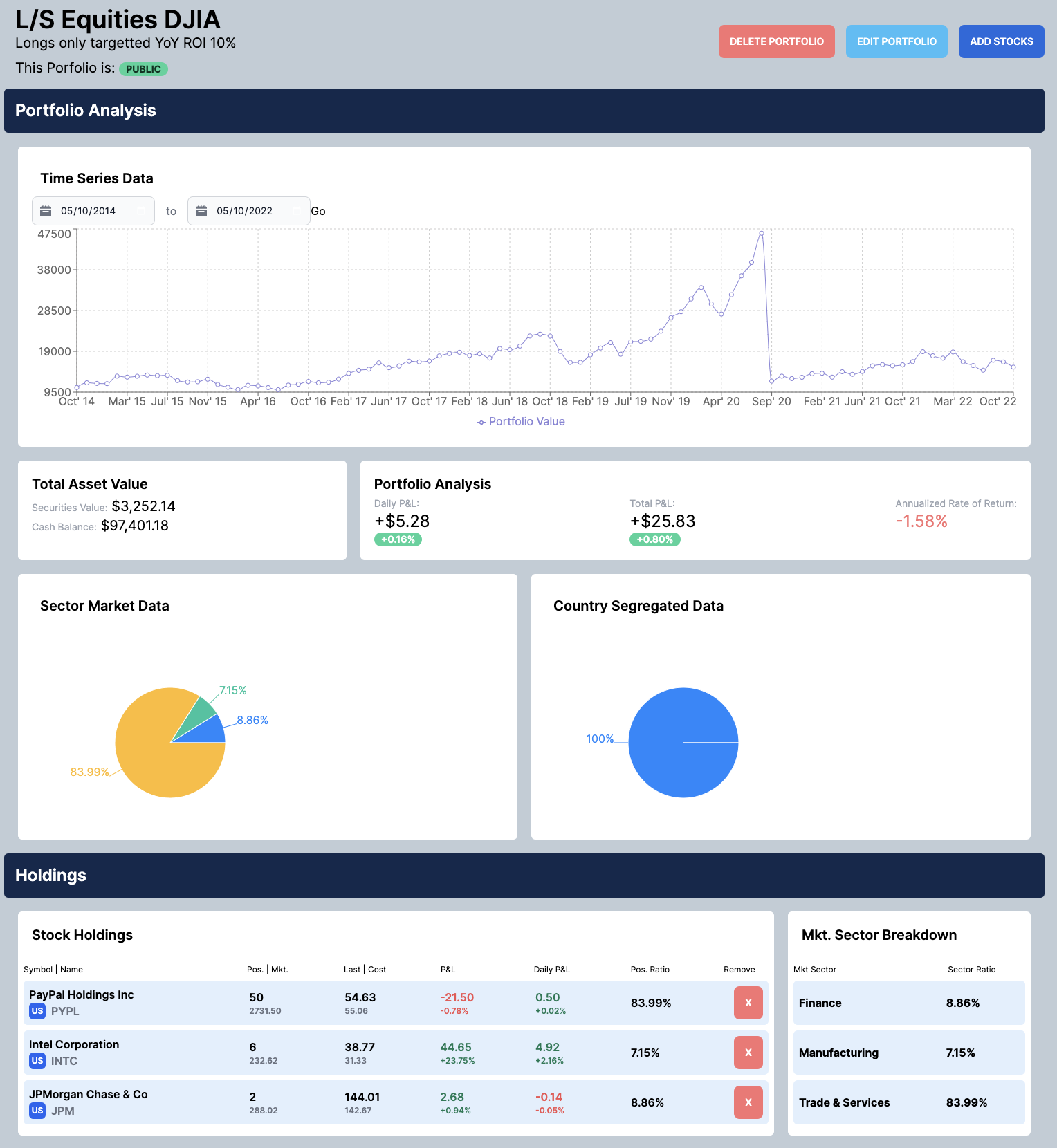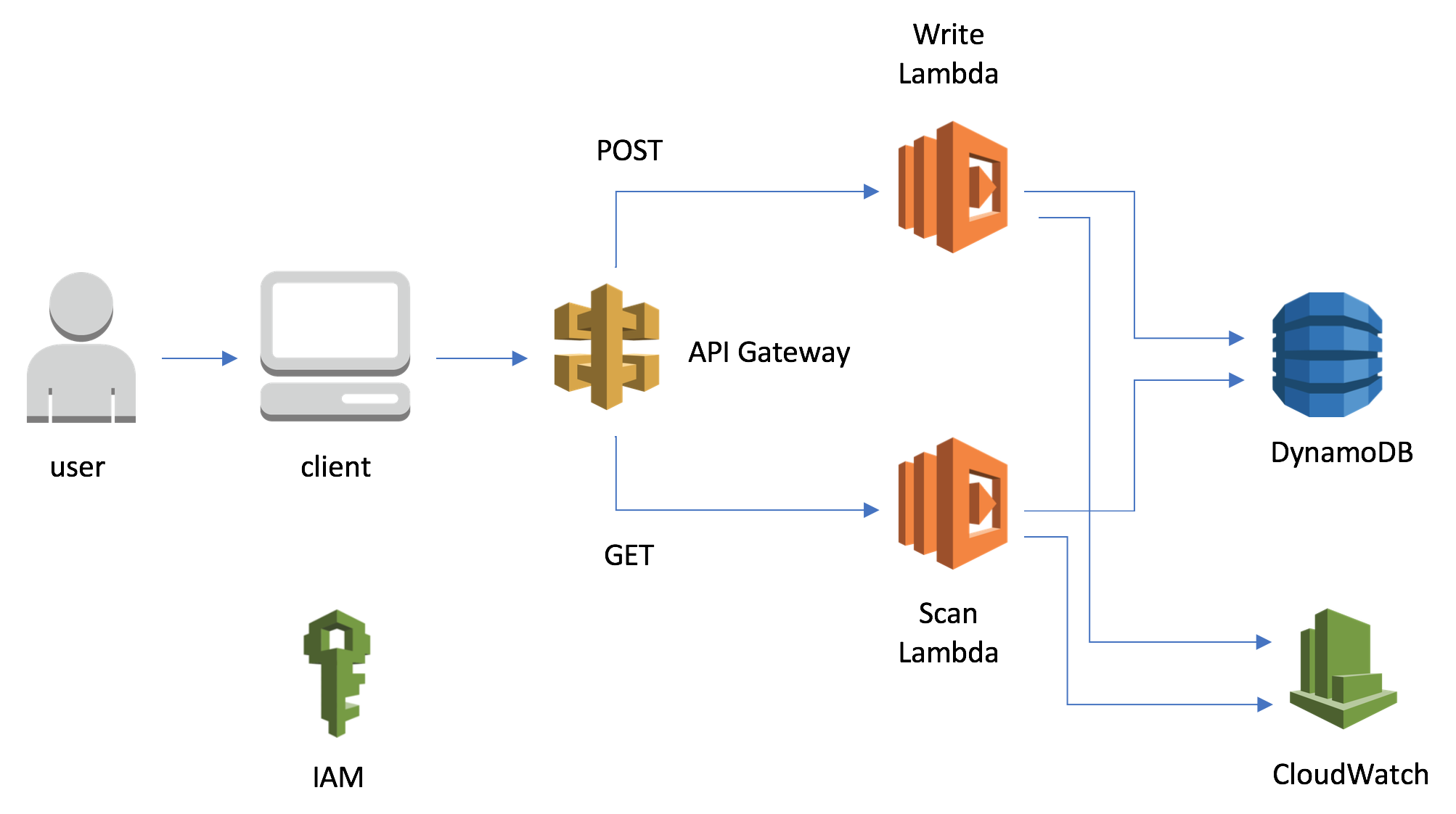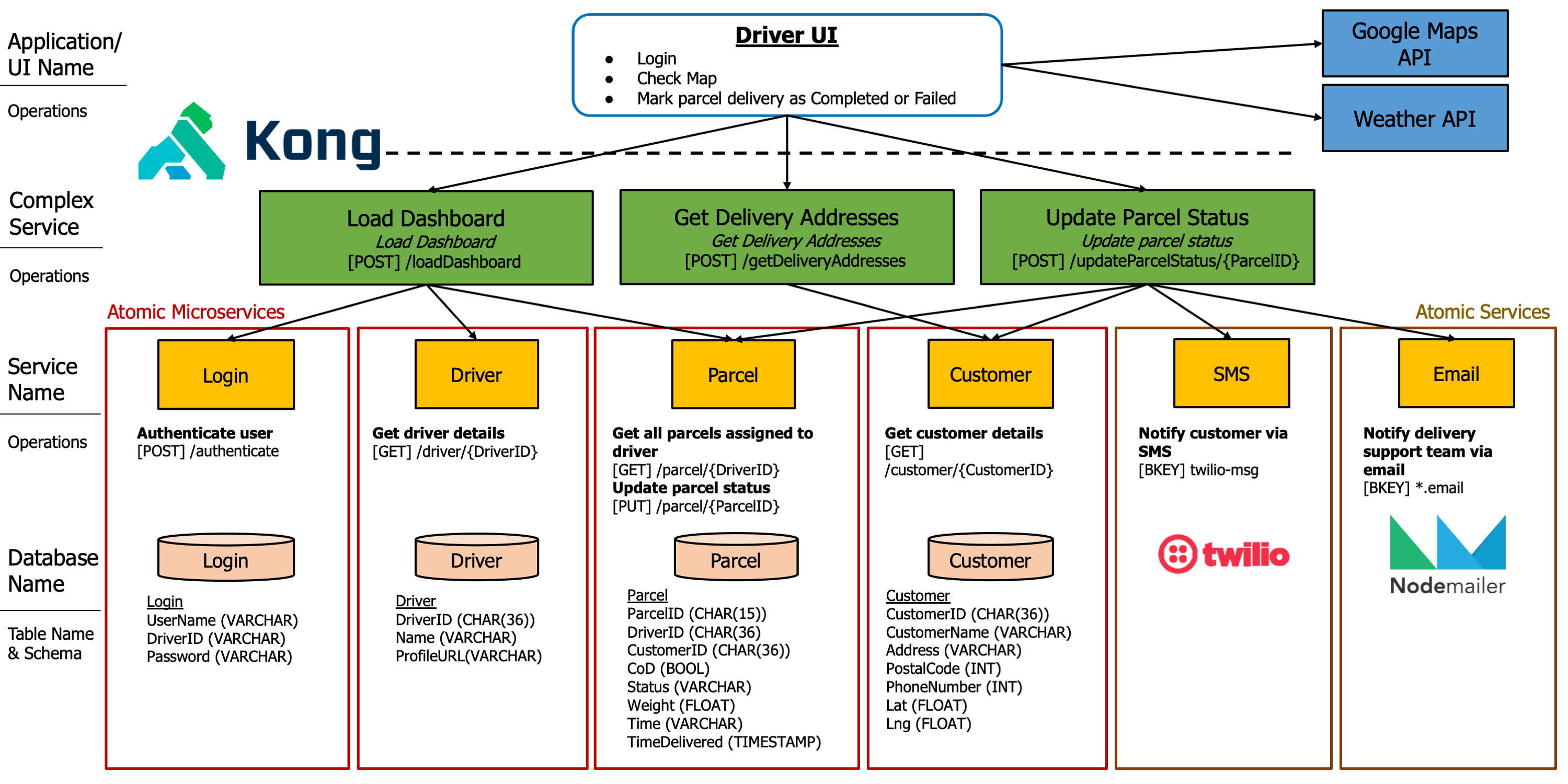Preface
If you haven’t yet, you should understand that scoring well/ doing well is not only about learning techniques. You will have to work hard. See these posts for more information:
- What it takes to score well
- How I scored throughout University
- Demystifying the framework to doing well
- Techniques for Hard Work
- Introduction to the Principles of Learning
- How to Practice Deliberately
Memorisation Techniques
Majority of modules you will take in your life require some form of memorisation. In fact, this is my default go to for most modules. You will be able to score well with this technique alone. We will explore more in future posts. As an overview, this is what you need:
1. Active Recall
Active Recall means spending effort and willpower trying to recall content. This falls in line with the Fundamental Tenets of Hard Work. You need to ensure you’re working hard and expending willpower.
We will use flashcards to enable us! Everyone SHOULD use flashcards. Flashcards are like mini quizes, where the card has a front and back. Imagine you want to learn about fruits, the front of the card could be: “What fruit is the same name as its color?”, and the back of the card would be the answer: “ORANGE”. Flashcards are awesome because it really makes our brain work to retain the information. If you’re not feeling the difficulty during your study, the brain doesn’t memorise as well.
There’s a very handy application called ANKI that majority of people use. There is a paid version on the App Store but Anki Web (on PC / on phone) works great. I use these for all modules that require memorisation. It takes some time to learn how to set it up and use, but it’s very well worth the investment. I won’t go indepth into ANKI because there are so many videos out there which explain ANKI much better than me.
Also ensure that we speak out loud (this is impt!) because this is the fastest and most efficient way, althought slightly awkward at first! I usually speak out the answers when I’m going through my deck of flashcards. Essentially, you want to be putting in effort in trying to recall stuff. If it feels challenging, you’re probably on the right track.
2. Spaced Repetition
Next, we re-study content at the optimal time, which is the time when we are most likely going to forget. Flashcard apps help you with this automatically. Essentially, it boils down to the Forgetting Curve. We forget things at an exponential rate - things you learn today, you forget tomorrow. Things you learn for a week, you forget in a year. Things you learn for a year, you never forget. So if we learn something right now, we’ll probably forget in about 24 hours. We then re-test oursevles tomorrow and relearn the content. This extends our memory lifespan to about a week. A week later, we do the same retest and we’re probably good to go for the next 1-3 months.
We use forgetting curve models to make sure that we’re re-learning content just when we’re about to forget, resetting our memory back to the maximum. First, this means that we’re revising our content with the minimal amount of work. Secondly, it let’s us know when we’re DONE. We can be sure that if you revise the flashcards, we will remmeber for a set period of time. If you’re the type of person who keeps re-reading notes, not knowing when you’re done or if the memorisation really works, active recall is really good.
3. Sleep Learning
Understand that your brain is learning when you sleep, and synthesising new information. My book review on Why We Dream talks a little about this phenomena and take note to try to add a good night’s sleep inbetween your study.
4. Context Switching
Mix chapters, mix environments, mix subjects, mix everything if you can! I think this is important because there were times when I didn’t mix up the environments and studied only in a comfortable area + comfortable music. When the exams came about, I was really flustered from the exam environment and that feeling isn’t very nice.
There’s also been a few studies going on about how mixing up your learning context will help. When you study chapter by chapter, you’re inately predicting that the next flashcard will be from the same chapter. You would be intrinsically narrowed down your options and can probably formulate a guess to what the right answer will be. When you mix chapters up, your brain cant’ pre-empt or guesstimate what chapters the answer will come from, and this really helps you narrow down onto weaker areas or gaps in your memory. It trains your pattern recognition and helps you to link concepts together.
Try your best to mix up your music during study. During my final sem, I was listening to an Exam Hall Study Playlist quite a bit and I found it helped me get used to the exam ambience. I also get bored easily, and I try my best to swap subjects. I use the time-blocking technique where I block out slots of time to do certains tasks. My blocks go by an hour, and I usually switch subjects every 3-4 hours of study. I factor in breaks during the switching, so maybe something like:
| Time | Activity |
| 10am - 12pm | Subject 1 |
| 12pm - 1245pm | Lunch |
| 1245pm - 3pm | Subject 2 |
| 3pm - 330pm | Coffee Run |
| 330am - 6pm | Subject 1 Again |
I also take short 2-3 min breaks every 45-60mins. This isn’t so much about context swtiching but more of general study techniques, but I’ll leave this in here just because.
Conclusion
We’ll dive into deliberate practice next, and explore how to craft targetted practice plans depending on each subject.



